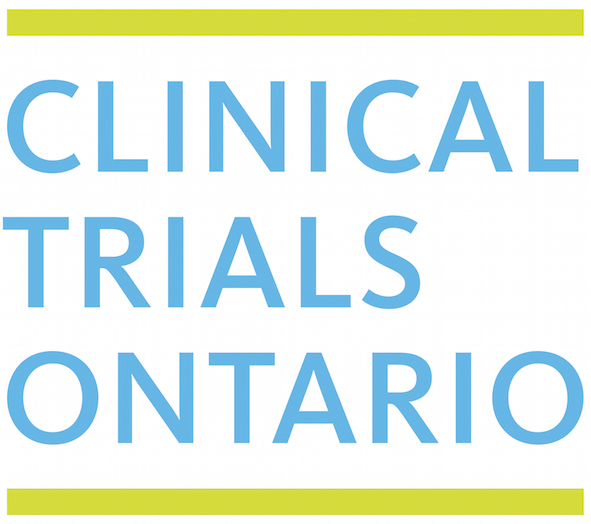
INTERESTED IN CLINICAL TRIALS?
DID YOU KNOW? CLINICAL TRIALS:
- Are done all across Canada – there are thousands happening right now
- Depend on people to volunteer
- Don’t just happen in hospitals or doctors’ offices
- Study more than drugs
- Help us learn more about how to treat people and improve their health
What are clinical trials?=
Clinical trials are studies that involve people and test many types of interventions including drugs, devices, genetic therapies, natural health products, psychotherapies, and lifestyle and preventative care interventions.
Why are clinical trials done?
Clinical trials are done to provide research data, or evidence, about the intervention(s) tested. This evidence helps in deciding what therapies or other interventions might work best for people.
Clinical trials answer questions about an intervention(s) such as:
- Is it safe?
- Can it improve or cure disease?
- Can it help people live longer with the disease?
- Does it help people feel better?
Types of health interventions studied
Clinical trials study treatments or interventions on their own or in combination with each other. These might include:
- Drugs
- Devices
- Surgery
- Radiation Therapy
- Diagnostic Procedures
- Diet and Lifestyle
Phases of clinical trials for drug development
These are different types of clinical trials by phase, although there can be differences in design depending on the disease or health condition being studied.
Phase 1:
- Small number of participants
- Sometimes called ‘first in humans’
- Establishes safety, dose and side effects
Phase 2:
- Larger number of participants
- Ensure intervention does what it is supposed to do
- Determine if dose should be changed
- Learn about potential side effects
Phase 3:
- Large number of participants
- Also called randomized trials
- Tests how long an intervention’s effects last
- Learn about potential side effects
Phase 4:
- Very large number of participants
- Also called post-marketing surveillance
- Involve monitoring an intervention when it is on the market
- Learn about long term effects and any side effects
How are clinical trials designed?
Clinical trials are designed to answer specific questions about an intervention. They are usually designed by a group of people that can include researchers, doctors, scientists, statisticians, sponsors and patients and caregivers. There are different types of designs for clinical trials. The design will depend on many things including what is already known about the intervention(s) and what questions need to be answered.
What does randomization mean?
In randomized trials, two or more interventions (also called treatment arms) are compared to each other and participants are assigned by chance to one of the interventions or treatment arms. Assigning participants by chance helps to ensure the results are not biased.
Questions to help you determine if a clinical trial is credible or reputable
- Are all of the costs of the clinical trial covered (for example, the study treatments?)
- What are the qualifications of the clinical trial team?
- Has the clinical trial application been reviewed by a regulatory agency? (for example, Health Canada?)
- Has the clinical trial been reviewed and approved by a research ethics board?
RESOURCES
Contact info@ctontario.ca or learn more at https://www.ctontario.ca/patients-public/.
For a list of HD clinical trials in Canada, click here.
Ongoing support, education and information is available from the Huntington Society of Canada (HSC). You can find a listing of our Family Services team members at www.huntingtonsociety.ca/family-services-team.
Fact sheets on a variety of other topics including Cognitive Changes in HD, Have you Met HD?, Responsive Behaviours, Tips When Working with Individuals with HD are available at www.hdfactsheets.ca.
*Thank you to Clinical Trials Ontario for providing the contents of this Fact Sheet*

